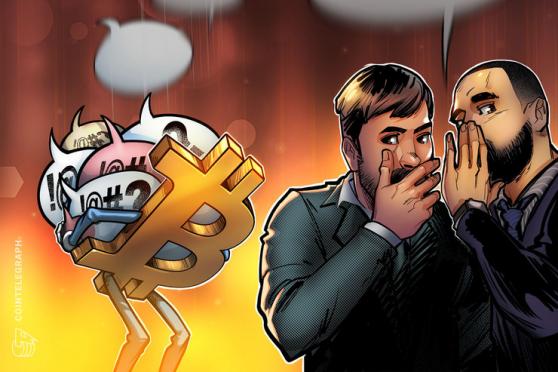“As long as our societies live in a state system, with rule of law, regulators will always look for legally responsible entities in case of illegal or reprehensible acts, even if it means prosecuting the wrong person. We have seen this attitude since the beginning of the internet when access and hosting providers were prosecuted while they were not the actual perpetrators. The United States, and then Europe, had to legislate some 20 years ago to protect these intermediaries. Today, this ‘neutrality’ of intermediaries is being challenged in the name of the fight against terrorism or the protection of intellectual property.
A similar phenomenon is at work in the blockchain ecosystem, with the first lawsuits against miners (and certainly tomorrow against block producers in the case of proof-of-stake protocols). DeFi is a real challenge for regulators. In the current context, regulators naturally target stablecoins backed by national currencies (U.S. dollar, euro, etc.) because the link with a fiat currency necessarily subjects them to existing regulations (AML, KYC, etc.).
Continue Reading on Coin Telegraph
